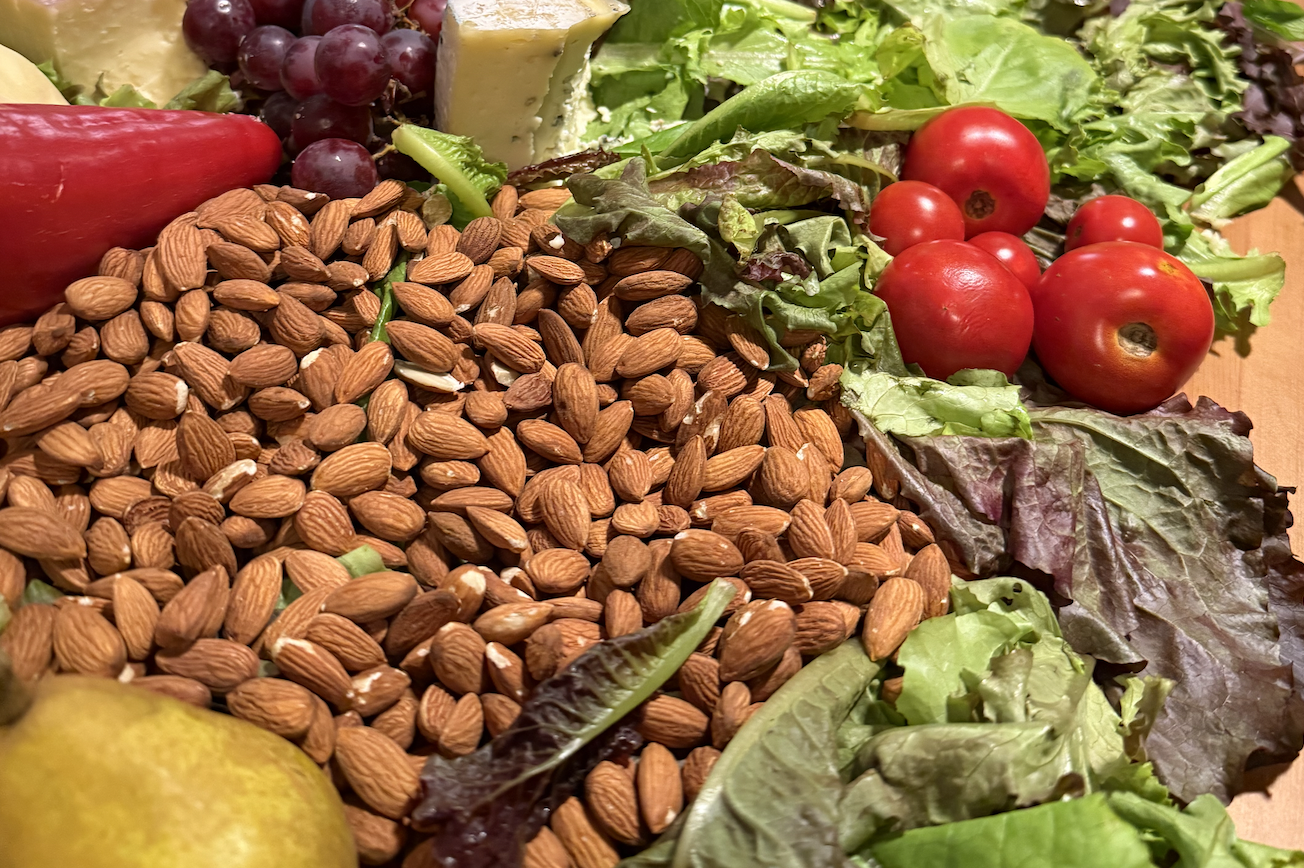You Are What You Eat

The phrase “you are what you eat” seems to pop up everywhere these days. But its roots go way back to 1825 when French lawyer and politician Jean Anthelme Brillat-Savarin published his book Physiologie du goût: Méditations de Gastronomie Transcendante. (English translation: Physiology of Taste or Meditations on Transcendental Gastronomy). The most famous quote from the book is “Dis-moi ce que tu manges, je te dirai ce que tu es.” In English, “Tell me what you eat, and I will tell you what you are.”
We asked two of Happier Living’s clinicians to share their thoughts on the important relationship between food and mental health.
“How you eat can influence how you feel — not just physically, but emotionally, too,” says Happier Living therapist Lauren Carnine. “When we are stressed, anxious, or low on energy, it’s easy to overlook the role food plays. However, regular, balanced meals can encourage good mental health.”
Carnine reminds us that eating well supports your body’s natural rhythms, helping you feel more grounded and clear-headed. “It’s not just about what’s on your plate — it’s about how you care for yourself. Making time to eat mindfully, staying hydrated, and tuning in to what your body needs are small acts of self-care that can have a big impact on your well-being,” she says.
There is no perfect diet required, says Carnine, “just a gentle reminder that nourishment and mental health go hand in hand. Treating yourself with care, through food and beyond, builds a strong foundation for emotional resilience.”
“We all know food fuels the body, but it also fuels the brain,” says Happier Living psychiatrist Colleen McGuire, DO. Research backs this up: what we eat doesn’t just affect our waistlines, it affects how we feel and think. “Sure, mental health struggles can change our eating habits, but the opposite is also true,” she says. “Poor nutrition can make issues like anxiety, depression, or ADHD worse.”
It’s important to remember that our brains need a steady supply of calories, protein, fats, carbs, vitamins, and minerals to work properly, says Dr. McGuire. “Proteins are especially important since they’re broken down into amino acids: the building blocks of neurotransmitters, the brain’s chemical messengers.” Being low on nutrients like vitamin B12, folic acid, vitamin D, or magnesium can mess with your mood and even lead to symptoms of depression or anxiety, she explains.
Mental health conditions can also throw eating habits off balance. “Some people lose their appetite while others might turn to food for comfort. Staying hydrated can also slip through the cracks,” says Dr. McGuire. “These changes may seem small, but together they can add stress to the body and make mental health symptoms harder to manage.”
At the end of the day, what matters most is balance, says Dr. McGuire. “Whole foods, like veggies, fruits, grains, nuts, legumes, and lean proteins, are consistently linked to better mental health outcomes, and diets like the Mediterranean diet are often praised for lowering the risk of depression and anxiety.” Other approaches, like keto or intermittent fasting, have also gained attention recently. “But they’re not one-size-fits-all and can sometimes do more harm than good if they’re too restrictive,” she says. “It’s also important to keep real-life factors in mind. Processed foods are often cheaper and easier to get, but they don’t give our brains what they need.”
Nutrition and mental health go hand in hand, says Dr. McGuire. “Building a positive, flexible relationship with food can be just as important for mental health as therapy or rest,” she says. “A varied, balanced diet supports brain function, while nutrient gaps or too much processed food can add to mental health challenges.”




